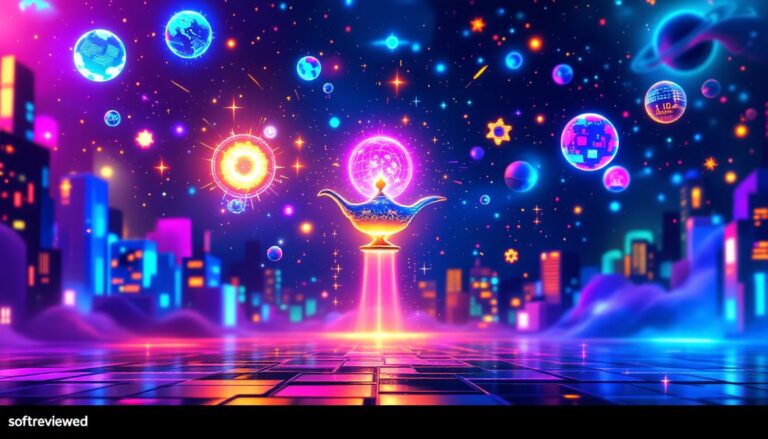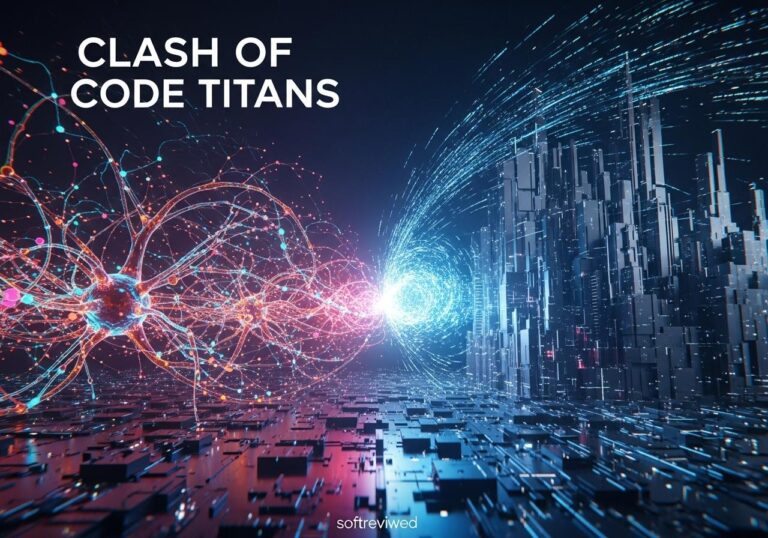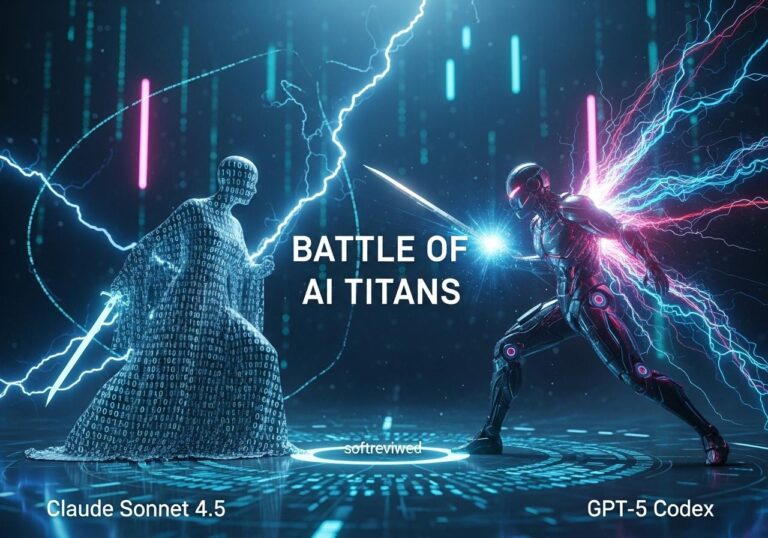Genie 2: AI-Powered 3D World Generation
Revolutionary AI technology that transforms single images into interactive 3D environments
3D World Creation
Creates interactive 3D worlds from single images with up to one minute of playable content, featuring dynamic environments and realistic physics.
Advanced AI Simulation
Simulates complex physics, lighting effects, and NPC behavior to create dynamic and personalized gameplay experiences.
Interactive Features
Supports both human and AI agent interaction, making it an invaluable tool for AI training and human evaluation scenarios.
Multiple Perspectives
Generates consistent worlds with various viewpoints, including first-person and isometric views, maintaining world coherence.
Environmental Memory
Maintains scene consistency by remembering and reconstructing elements even when they’re out of view, enhancing world authenticity.
In the ever-evolving landscape of video game development, a groundbreaking technology has emerged that promises to redefine the creative process – Google's Genie 2. This large-scale foundation world model, developed by the tech giant's AI research division, DeepMind, is capable of generating an "endless variety" of interactive, playable 3D environments from a single image prompt.
Genie 2 represents a significant leap forward from its predecessor, Genie 1, which focused on generating 2D worlds. This new model can create rich, dynamic 3D environments that respond intelligently to player actions, opening up a world of possibilities for game developers and players alike.
Bringing Worlds to Life with a Single Prompt
The key to Genie 2's power lies in its ability to transform simple text or image descriptions into fully interactive 3D game worlds. Users can describe their desired setting, select a generated image, and then step into the newly created environment, controlling the action with keyboard and mouse inputs. Genie 2 then simulates the next observation, maintaining a consistent world for up to a minute.
This technology allows for rapid prototyping and experimentation, as developers can quickly turn concept art or ideas into playable experiences. The model's emergent capabilities, such as object interactions, character animations, physics simulations, and the ability to model AI agent behavior, further enhance the depth and realism of these generated worlds.
Empowering Developers and Expanding Possibilities
Genie 2's potential impact on the gaming industry is significant. By automating content creation, the model can dramatically reduce development time and resources, allowing developers to focus on the core aspects of their games. This increased efficiency and scalability could lead to more diverse and ambitious game experiences, as the barriers to creating expansive virtual environments are lowered.
Moreover, Genie 2's ability to generate evaluation tasks that agents have not encountered during training opens up new avenues for AI research in the gaming domain. Researchers can use the model to create a limitless curriculum of novel worlds to test and train their AI agents, pushing the boundaries of what's possible in the realm of generalist AI systems.
Navigating the Challenges and Ethical Considerations
While the potential of Genie 2 is undeniable, the technology also presents some challenges that must be addressed. Legal and intellectual property concerns surrounding AI-generated content, as well as the potential for inconsistent quality or lack of originality, are just a few of the issues that developers and researchers will need to grapple with.
Additionally, the environmental impact of running such computationally intensive models must be carefully considered, as the energy demands of AI systems continue to be a topic of concern.
As with any transformative technology, Genie 2 also raises ethical questions about the responsible use of AI in creative industries. Ensuring that the technology is deployed in a way that empowers and enhances human creativity, rather than replacing it, will be a crucial consideration for Google and the wider gaming community.
How Does Google’s AI-Powered Game Creation Compare to Microsoft’s AI Redesigning Technology?

Google’s AI-powered game creation introduces innovative gameplay and immersive experiences, challenging traditional gaming paradigms. In contrast, microsoft’s ai reshaping global foundations focuses on enhancing collaborative tools and productivity across industries. Each approach reflects the potential of AI to transform both entertainment and enterprise, showcasing distinct but complementary advancements in technology.
The Future of Game Development
Google's Genie 2 represents a significant milestone in the convergence of AI and gaming. By democratizing the creation of virtual worlds, this technology has the potential to revolutionize the way games are developed, experienced, and enjoyed. While challenges and ethical considerations remain, the promise of Genie 2 lies in its ability to unlock new levels of creativity, efficiency, and innovation in the gaming industry.
As the technology continues to evolve, the gaming landscape may never be the same, with AI-powered tools like Genie 2 redefining the boundaries of what's possible in the realm of interactive entertainment.
Genie 2 Performance Metrics
This chart compares key performance metrics of Genie 2 against other AI world generation systems, showing relative capabilities across different features.







